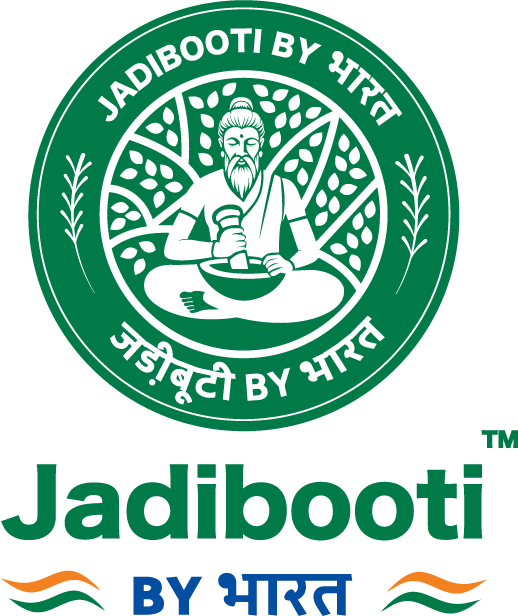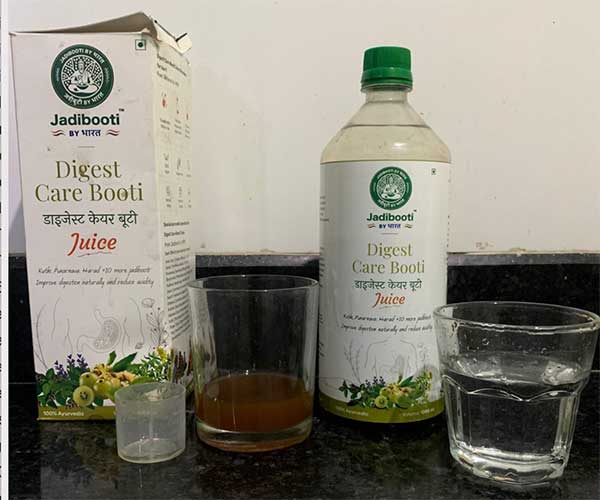
Herbal medicins
In today’s fast-paced world, more people are turning toward herbal medicines to restore balance and support holistic wellness. These time-tested natural remedies not only offer relief from common ailments but also promote long-term health without the harsh side effects of synthetic drugs.
What Are Herbal Medicines? Herbal medicines are made from plant extracts and botanicals, including roots, leaves, flowers, and seeds. These remedies have been used for centuries in Ayurvedic, Chinese, and Western herbal traditions to treat a variety of conditions. Whether it’s Tulsi for respiratory issues or Ashwagandha for stress relief, herbal medicines harness the therapeutic properties of nature.
Why Choose Herbal Medicines? One of the primary benefits of herbal medicines is their natural origin. They work gently with the body’s systems, offering a sustainable and eco-friendly path to healing. Many herbal remedies are rich in antioxidants, anti-inflammatory compounds, and essential nutrients that support the immune system and overall vitality.
Popular Herbal Medicines You Should Know
-
Turmeric: Known for its anti-inflammatory and antioxidant effects.
-
Neem: Used for skincare and detoxification.
-
Giloy: Boosts immunity and improves digestion.
-
Amla: A powerhouse of Vitamin C, ideal for skin and hair health.
Precautions and Usage While herbal medicines are generally safe, it’s important to consult a qualified practitioner before beginning any new regimen—especially if you’re pregnant, nursing, or taking prescription medications. Quality matters, too: always opt for pure, ethically sourced herbal products.
Conclusion Herbal medicines continue to play a vital role in modern wellness practices. With the right knowledge and mindful use, herbal medicines can become a powerful ally in your journey toward natural health and healing.
















